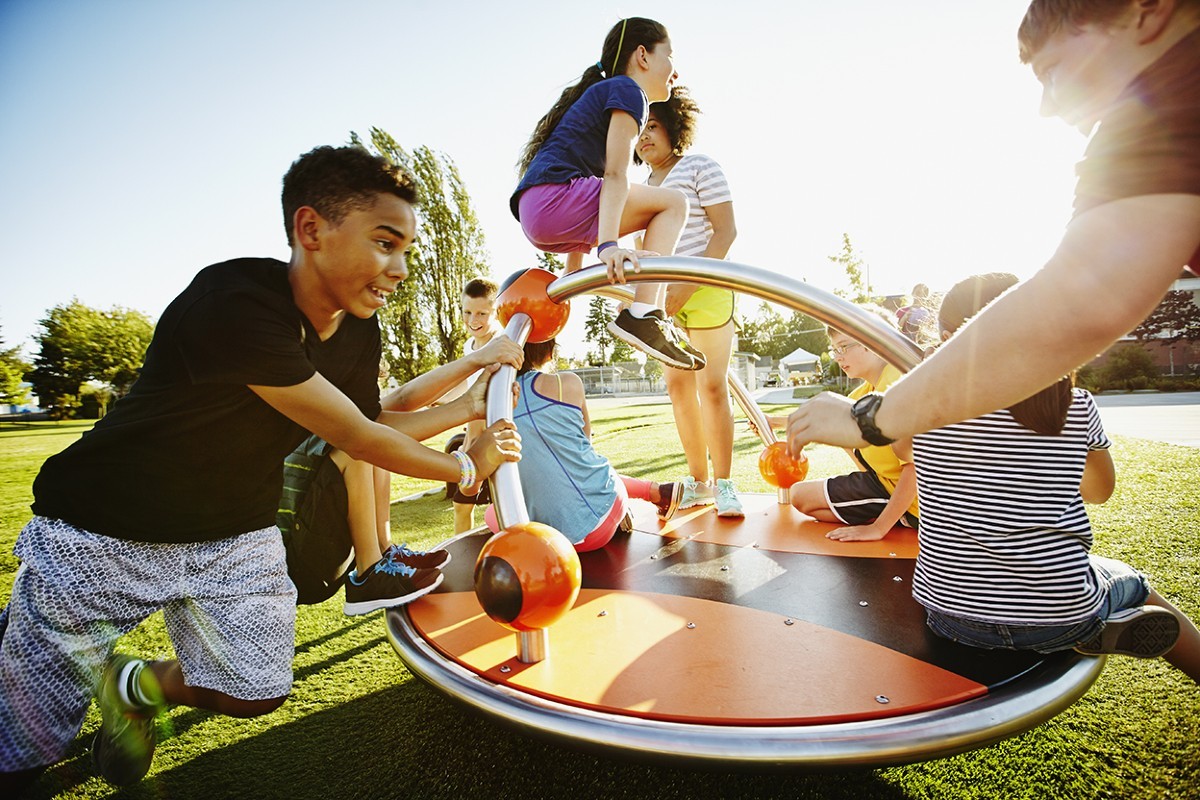
The sight of children climbing trees, jumping from heights, or wandering out of direct adult supervision often triggers anxiety in parents. However, new research suggests these nerve-wracking moments of "risky play" are exactly what children need for healthy development.
Risky play encompasses thrilling activities involving uncertainty and perceived physical risks. This doesn't mean dangerous situations beyond a child's capabilities, but rather age-appropriate challenges that push comfort zones, from a toddler's first steps to an older child's rock climbing adventures.
"Children should be as safe as necessary, not as safe as possible," explains Helen Dodd, child psychologist at the University of Exeter. This philosophy underlies a growing body of research showing that risky play builds resilience, confidence, and critical life skills.
A recent study in Belgium found that just two hours of weekly risky play improved four- and six-year-olds' risk assessment abilities compared to peers without such opportunities. Other research links adventurous outdoor play to reduced anxiety and depression symptoms, particularly benefiting children from lower-income households.
"The benefits are so broad in terms of social, physical, mental development and mental health," notes Pamela Fuselli, president of injury-prevention organization Parachute. These advantages include:
- Enhanced spatial awareness and coordination
- Better tolerance of uncertainty
- Improved problem-solving abilities
- Stronger social skills like cooperation and empathy
- Greater emotional regulation
- Increased self-confidence
Despite these documented benefits, many modern children face unprecedented restrictions on risky play due to safety concerns. However, research indicates children generally understand their own physical limitations better than adults assume.
The key is allowing children to set their own pace and comfort level with challenges. "What risky play looks like for one child will be totally different to what it looks like for another," Dodd emphasizes. Parents' role is creating safe opportunities while resisting the urge to constantly intervene.
Experts recommend:
- Observing children's body language and facial expressions
- Counting to ten before saying "no"
- Allowing kids to problem-solve independently
- Providing varied play environments with natural elements
- Supporting incremental risk-taking at the child's chosen pace
As research continues exploring the profound impact of risky play on child development, the message becomes clear: calculated risks in play aren't just acceptable - they're necessary for raising capable, confident children ready to navigate life's challenges.